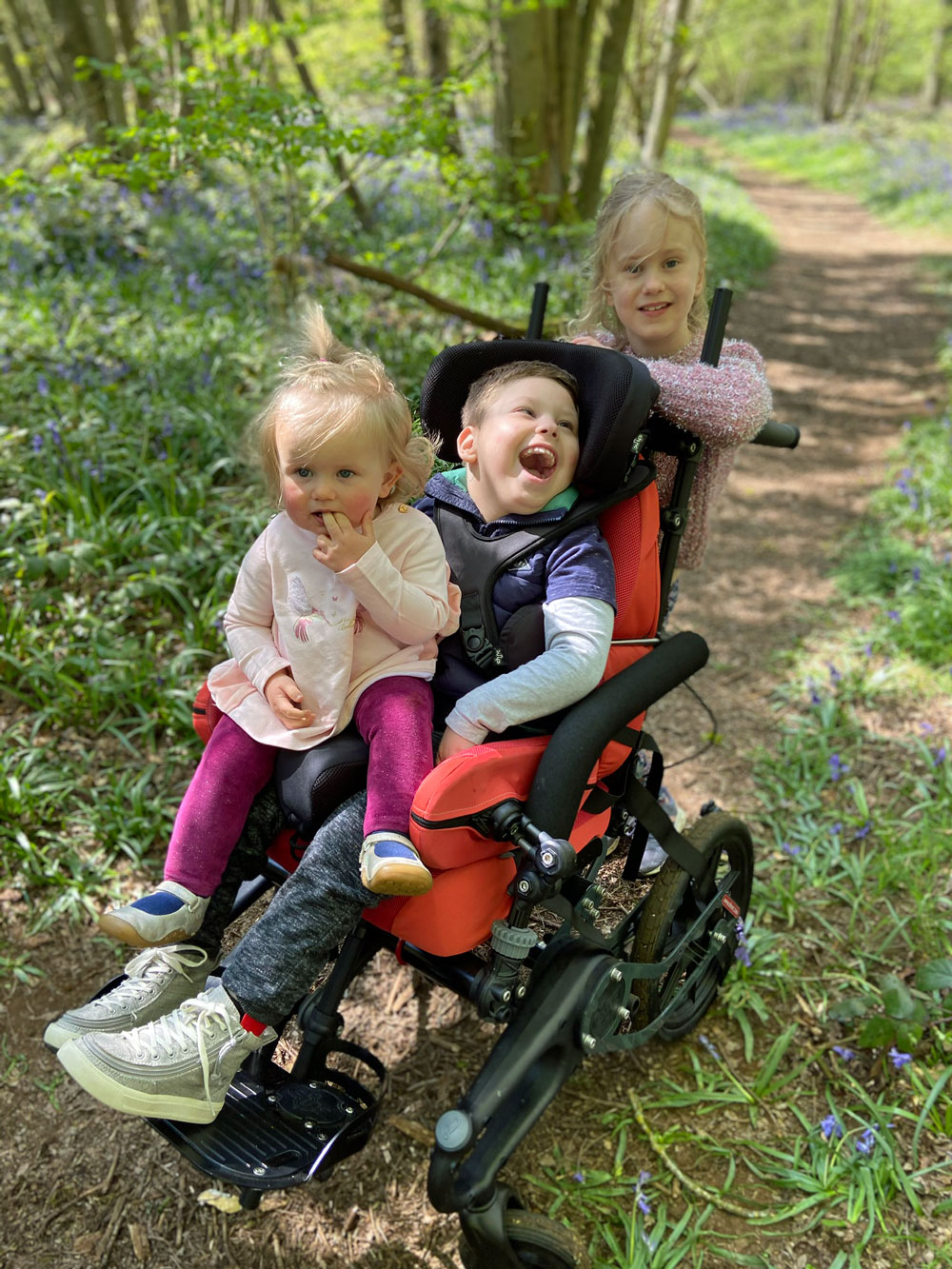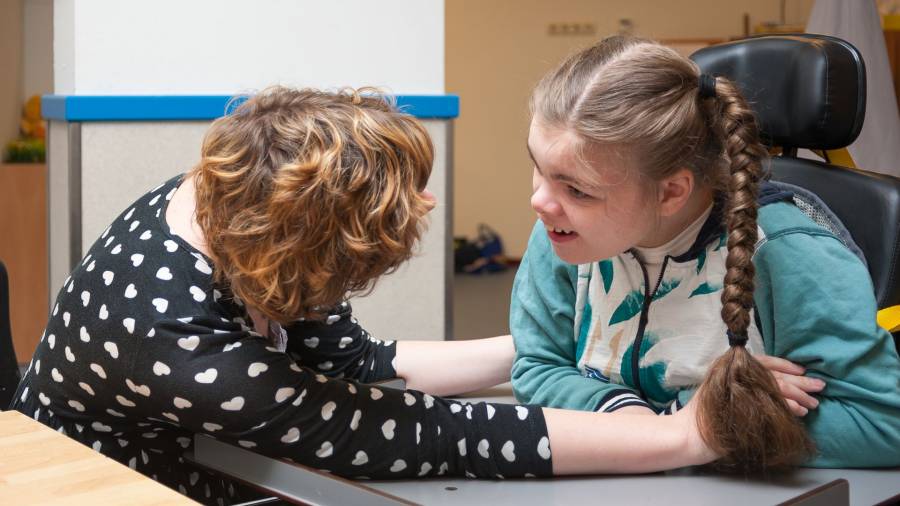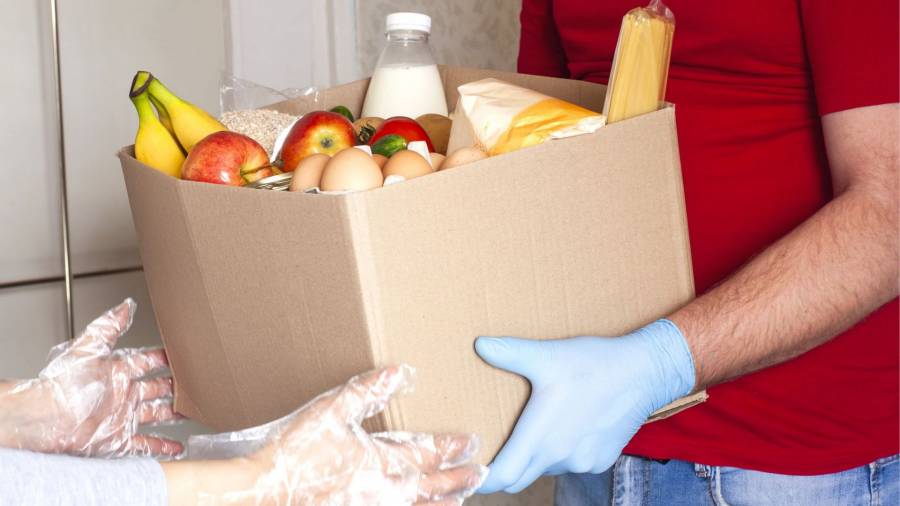
Harry’s Pledge
Social housing organisations are making a commitment to improve support for people who need care and those who provide it

Julie Doyle
Chief Executive, Longhurst Group
One of the positives to have emerged from challenging circumstances we’ve faced in the last three months is the genuine heartfelt appreciation for NHS staff and carers. The weekly Clap for our Carers was a fantastic celebration of gratitude, but it must be followed by tangible changes that will make a real difference.
That is why social housing organisations across the country have joined together, supported by Carers UK, Inside Housing and our founding partner Harry’s Pals, to make a renewed commitment to carers, called Harry’s Pledge.
Support for parent carers
Harry is my grandson. He is five years old and lives near to me in Northamptonshire. His mum, my daughter Hayley, runs Harry’s Pals, a trust that supports parents caring for children with disabilities.
Five days after Harry was born, following a multitude of tests, we were given the devastating news that he had what they called significant brain damage.
It is the most traumatic situation I have ever experienced. There was quite a lot of physical help for Harry but no support for Harry’s parents. You've got the grief of absolutely devastating news, the fear for the future and your mental health is all over the place. It was absolutely heart-breaking. Through Harry’s Pledge we hope to do even more to support carers by making a positive difference and campaigning for change.
“Through Harry’s Pledge we hope to do even more to support carers by making a positive difference and campaigning for change ”
3 in 5
people will be a carer at some point in their lives
What is the pledge?
Launched at the beginning of National Carers Week (8-14 June), Harry’s Pledge is asking the housing sector to support those who need care and those who provide it in the following four ways:
- Being supportive employers to people who have caring responsibilities
- Making offices and community spaces as accessible as possible
- Building more fully accessible homes
- Further professionalising and promoting care as a career and lobbying for changes in pay and rewards for carers
Recent research says three in five people will be a carer at some point in their lives. Therefore, many organisations will have carers working for them whose lives would be easier if different practices were adopted.
There is so much the housing sector can do to look at the design of our properties and ensure they are accessible for disabled people and support carers.
A role for everyone
It bothers me when people say ‘that’s not for me because we don’t do care’. Care isn’t just about care homes – so many people living in general needs properties have care needs. People are living longer and with more complex health conditions and we need to think about the support we provide in a much more holistic way.
Much of this isn’t rocket science. It is eminently doable and inexpensive – we just need to see things through a different lens and change our philosophy.
Now is the time. We will never have a better opportunity to make this commitment to carers and make a positive difference to so many people across the country.
Or follow us on Twitter @Harry'sPledge

Harry enjoying a woodland visit with his sisters


